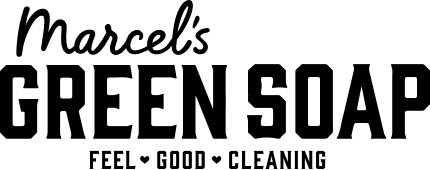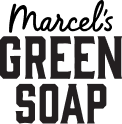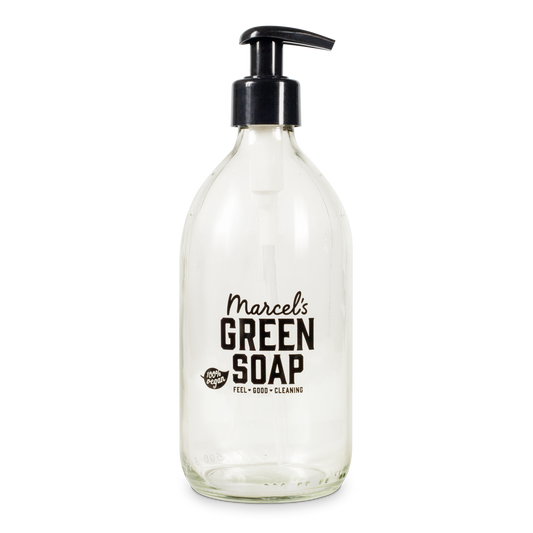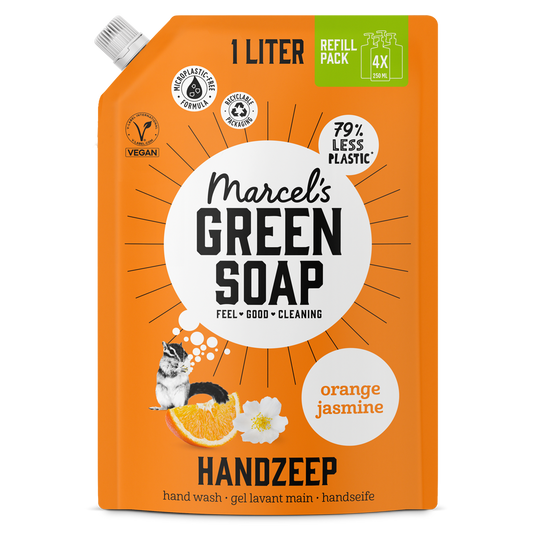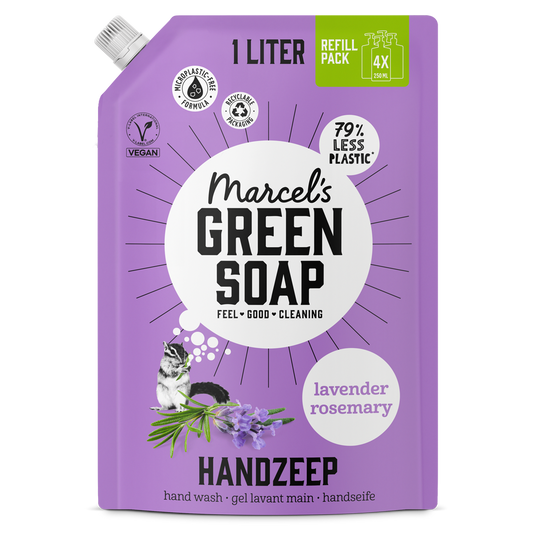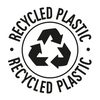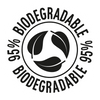Read the interview with Marcel on Radar+ now. Every week we flush 4 million liters of chemical cleaning products down the drain, and 4 million plastic bottles end up in the waste mountain. No need, Marcel Belt thought. He started the 'green' brand Marcel's Green Soap.
How did Marcel's Green Soap come about?
'I worked for a long time at Unilever and Reckitt Benckiser – two major manufacturers of cleaning products, where the focus is mainly on price and ease of use. I started to realize through my visits to the United States that things can be done differently, with more respect for the environment. Because my in-laws live there, I come there regularly and always visit supermarkets, a form of professional deformation. About ten years ago I noticed that there were nice-looking and nice-smelling sustainable cleaning products on the shelves, and that there were more and more of them.'
Here you mainly see the Ecover brand in the store.
'Yes, compared to America, there is still little responsible food available in the Netherlands. Because I wanted to start my own business, I decided to launch my own 'green' line on the market. But also because my affinity with environmentally friendly cleaning products grew. I partly owe this to my three critical teenage daughters. I regularly discussed with them at the kitchen table about topics such as vegetarian food and waste separation. They inspired me.'
How much do we actually pollute the world with our cleaning products?
'Every week we all flush 4 million liters of chemical cleaning agent down the sink. More than 200 million liters end up in the environment every year, plus all the plastic from the bottles. We have a small chemical factory in our sink cabinets. In addition to all those cleaning products, we also use ammonia and chlorine, often for simple stains. We actually have little trouble with limescale, for example; Dutch tap water is quite soft. Nevertheless, we use aggressive products, which you should keep out of the reach of small children and absolutely should not get on your skin. That doesn't make me happy. Nor the fact that you can buy a cleaning product at Action for 50 cents these days. It has to be cheaper and cheaper, so of course you end up with rubbish.'
What products did you start producing?
'Together with an ex-colleague from Unilever, I have used my own money to develop four cleaning products that are not based on petroleum, like most products in supermarkets. My hand soap, dishwashing liquid, all-purpose cleaner and cleaning spray are full of natural soap and do not contain harmful substances such as chlorine and ammonia. This makes them 99 percent biodegradable. I was the first 'soap farmer' with bottles made of 100 percent recycled plastic. At the beginning of this year I was therefore nominated for a sustainability award from the Dutch packaging industry. That adds more than 1 percent market share to me.'
'It has to be cheaper and cheaper, at Action you can buy a cleaning product for 50 cents, so of course you end up with rubbish'
But 99 percent biodegradable means that 1 percent burdens the environment.
'That's right, I don't claim that I am the most sustainable. I focus on the 'light green' segment: approximately 40 percent of consumers who sometimes buy an ecological cleaning product, but then often fall back on brands such as Dreft and Ajax. A brand like Ecover, which comes across as quite serious, is ultimately not for them. This is purchased by the 5 percent of 'dark green' households. To win over that light green category, I made sure that my products, which clean just as well, look attractive and smell wonderful. This means consumers are taking a step in the right direction.'
And how does Marcel's Green Soap run?
'I have been working for over a year now and now have 500 points of sale, including at 'green' retail chains Marqt and Ekoplaza. This year I expect to sell 300,000 bottles. In about three years there should be 1 million. By then I can make a good living from it. That is not yet the case. I'm eating into my savings, but I get a lot in return. I enjoy my work and have more time for my daughters. Big companies pay well, but swallow you up. By the way, I will be visiting Unilever again. They wanted to know how I had handled it. I'd like to tell you that. I cannot change the market on my own. This also requires multinationals to really take steps. After all, in a few decades the oil will run out.'
What are the future plans?
'This summer I will be introducing new products: a detergent, dishwasher tablets and a toilet cleaner. And that's not all. I certainly expect that the demand for responsible cleaning products will grow. In about twenty years they will be commonplace. In other sectors, such as the food industry, you can see that this 'green' movement is irreversible. Things only go faster there, because people consider what they put in their bodies to be more important than what we put on the floors. I also want to find an alternative to palm oil in my products. Although it is sustainable and RSPO certified, it comes from corrupt countries such as Indonesia. So you can still have your doubts about that. That's why I'm investigating whether my soap can be made from, for example, linseed oil or even discarded frying fat.'
Source: https://www.radarplus.nl/article/1409/Schone-zeep
